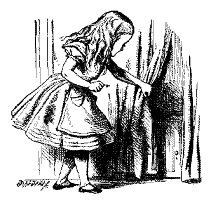 |
COURSE OBJECTIVES The problems treated in this course all arise from standard philosophical attempts at questioning human nature and experience. While the discipline of philosophy does encompass specialized agendas and many complex technical issues, the sorts of questions we will address are ones to which most of us have, at one time or another, evolved some answers, however rudimentary. In this course, neither fluency nor even passing acquaintance with the history and practice of Western philosophy is presupposed; curiosity, on the other hand, is. |

